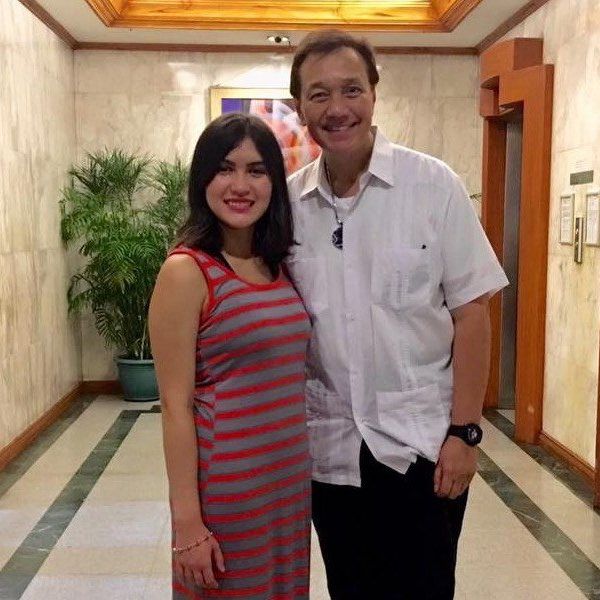In his inaugural address, President Joe Biden quoted Saint Augustine, who once said, "A people is a multitude defined by the common objects of their love."
My first question was: After a history of harm and four of the most divisive, tumultuous years in our country's history, does America still have a "common object of love"?
There is no better answer to this question than 22-year-old poet Amanda Gorman's inaugural poem, "The Hill We Climb." Gorman, who was the first youth poet laureate at 19 and is now the youngest inaugural poet in US history, called on us to "rebuild, reconcile, recover," reminding all who watched that, "we close the divide because we know that to put our future first, we must first put our differences aside."
After so much violence, fear, and death in the past year, I know that more than a few people are skeptical or even angered by this call for unity. It appears a futile cause, or worse, an opportunity to silence the widespread outcry for justice and change that the past year inspired. However, Gorman's words are not a plea to return to the "status quo" that continuously harmed so many vulnerable populations, but rather a challenge to use the pain and deconstruction of the past year as momentum for change.
She challenges us to witness the destruction and feel inspired by the fact that we remain standing: "Even as we grieved, we grew. Even as we hurt, we hoped. Even as we tired, we tried." Her celebration of American resilience follows the legacy of Maya Angelou, who wrote, "Here, root yourselves beside me. I am that Tree planted by the River, Which will not be moved," for the 1993 inauguration of Bill Clinton. Gorman's poem reminds us that, despite all we have endured, like Maya Angelou predicted, we have not been moved.
"Being American is more than the pride we inherit. It's the past we step into and how we repair it."
Following Gorman's lead (if such a feat is even possible), we must "step into" the history we have created and perpetuated, as sticky and scary as it may seem, and allow ourselves to be inspired by all that is possible as we repair, rebuild, reconcile, and recover. If we are to unify as a people, for a common good that is truly "good" for all Americans, then our common love, or loves must be resilience and change, because it is only by undergoing the challenges of the past that we have the strength and insight to build a better future. In Gorman's words:
"While democracy can be periodically delayed, it can never be permanently defeated."



















